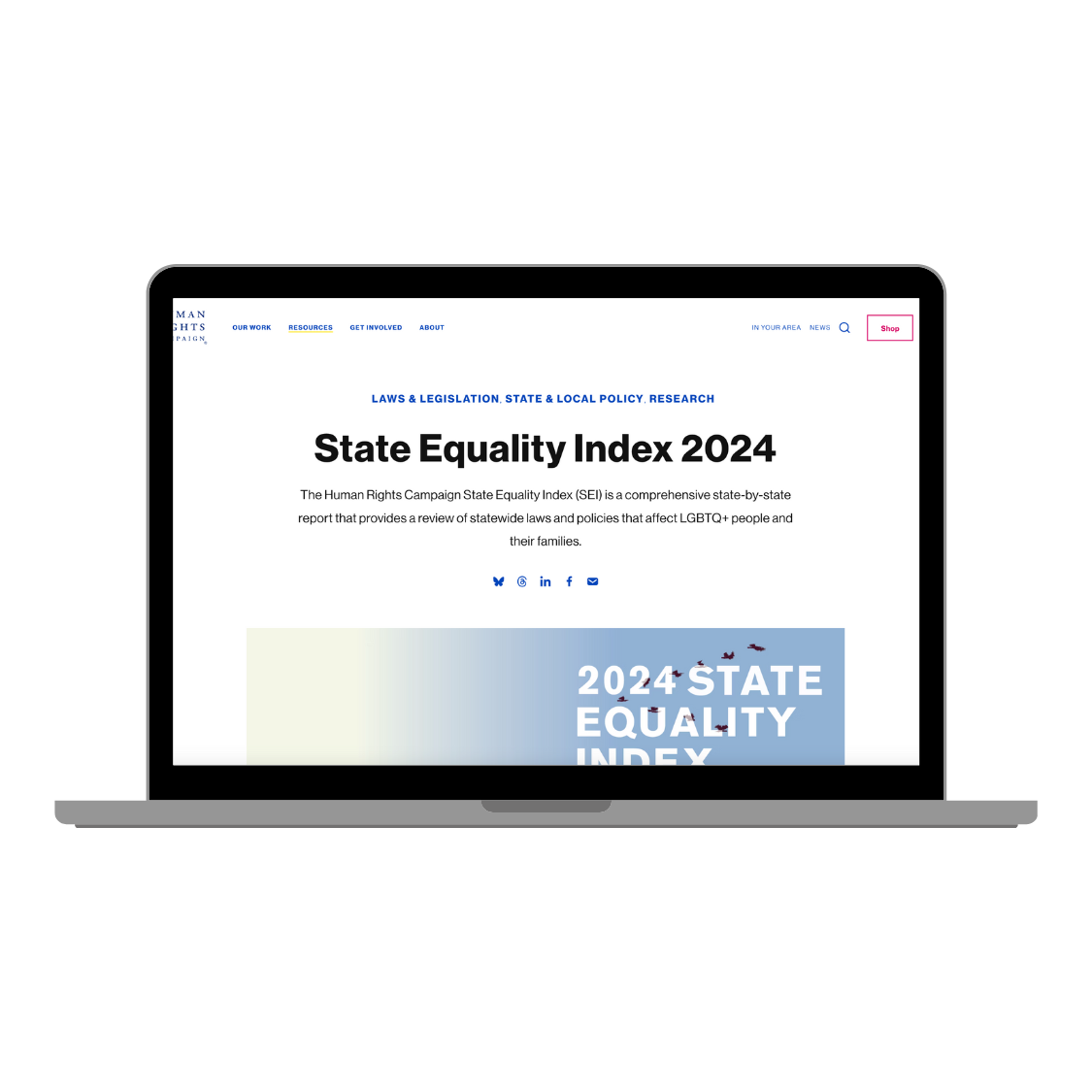Economic Inequality and the Wealth Gap: The Impact on Millennials and Gen Z
Economic inequality and the growing wealth gap have significantly impacted Millennials and Gen Z, limiting their financial security and economic opportunities. This paper explores the root causes, including wage stagnation, rising education and housing costs, and labor market disruptions. It also examines how these challenges affect homeownership, student debt, and retirement savings. Policy solutions such as student debt relief, affordable housing initiatives, and labor protections are proposed to promote financial stability. Addressing these issues is essential for creating a more equitable economic future for younger generations.
Read post






